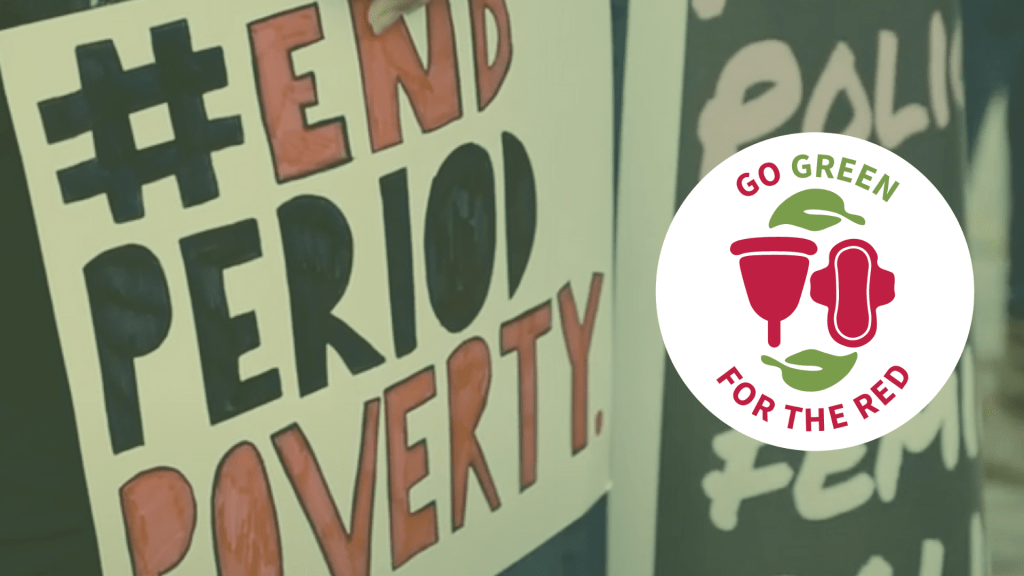When I heard Guhar Goyal talk about her first period in the beginning of the Go Green for the Red panel, I felt a wave of discomfort wash over me. Immediately after, I felt ridiculous. Why should I feel uncomfortable hearing someone talk about a natural process that I myself experience every month?
This may be where many menstruators find themselves when talking publicly about their periods. Menstruation has long been restricted to whispered conversation if it is not being publicly ridiculed as the cause for a bad mood– you must be PMSing! The secrecy that shrouds menstruation is one factor in its relegation to the sidelines, but our entire health framework is another element that breeds period poverty. Dr. Lewis Wall aptly pointed out that our definitions of health and hygiene usually are based on cisgender men’s needs. He gave toilet paper as an example: would there not be rioting in the streets if bathrooms weren’t readily stocked with toilet paper?
Guhar opened up the conversation by talking about the trials she faced in her first period– dealing with hygiene products that caused rashes or only added to her discomfort– asserting just how important it is for menstruators to talk openly about their needs. Then Laurel Segrist followed up by speaking on what it was like to go through college without stable access to period products. She described the difficult choice that many students have to make when their periods hit: whether or not to ball up toilet paper and take the risk that they bleed though, or not go to class at all.
All advocated for greater access to menstrual products but also pointed to the pitfalls of the common disposable products. Not only do single-use pads and tampons– used for only a few hours then pushed out of sight– add around 331 pounds of waste per user in one lifetime, but they also contribute to the culture of shame around menstruation. As we enter Earth Month after over a year of the COVID-19 pandemic, it is important to remember that our health is tied to the environment’s.
Is it really “healthy” to use a disposable tampon, knowing that it’s going to end up in a landfill in someone’s backyard? The cotton in disposable pads may benefit the user, but does it justify the large quantities of water and pesticide needed to produce the crop? We do not experience health and hygiene in a vacuum, and when we make decisions about our health, we need to also consider the health of the world around us. This month, I encourage you to make the change and choose to go green for the red.
If you’re interested in trying out reusable period products for free, sign up for the Go Green for the Red Ambassador program! This pilot program aims to alleviate period poverty on campus and educate menstruators in the WashU community on menstrual health. Throughout the program, there will be check-ins and space for users to share their experience and give feedback about the products, in the hope that the initiative will be improved and expanded. There is a limited supply, so I suggest you join while supplies last!
Check out the recording of the event if you want to hear more about the panelists’ experiences and efforts to end period poverty.
